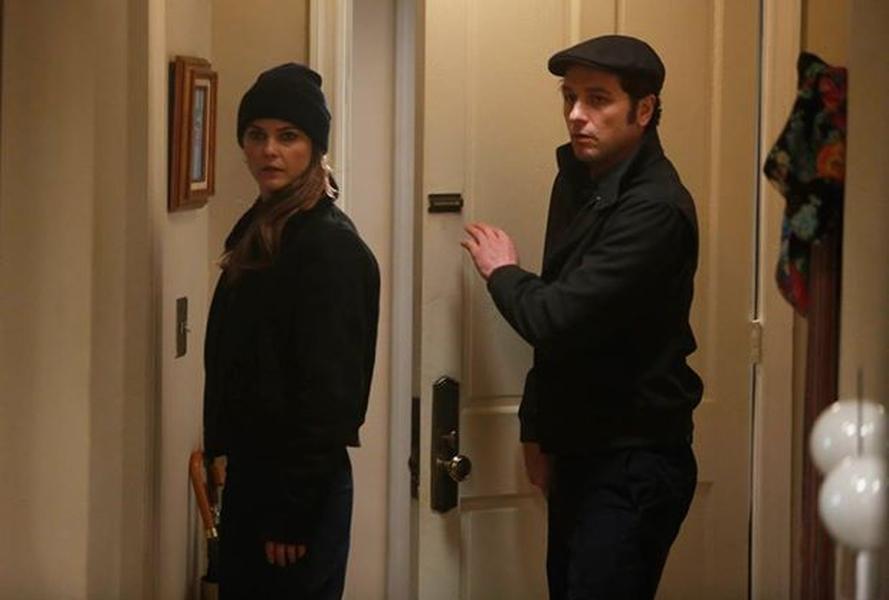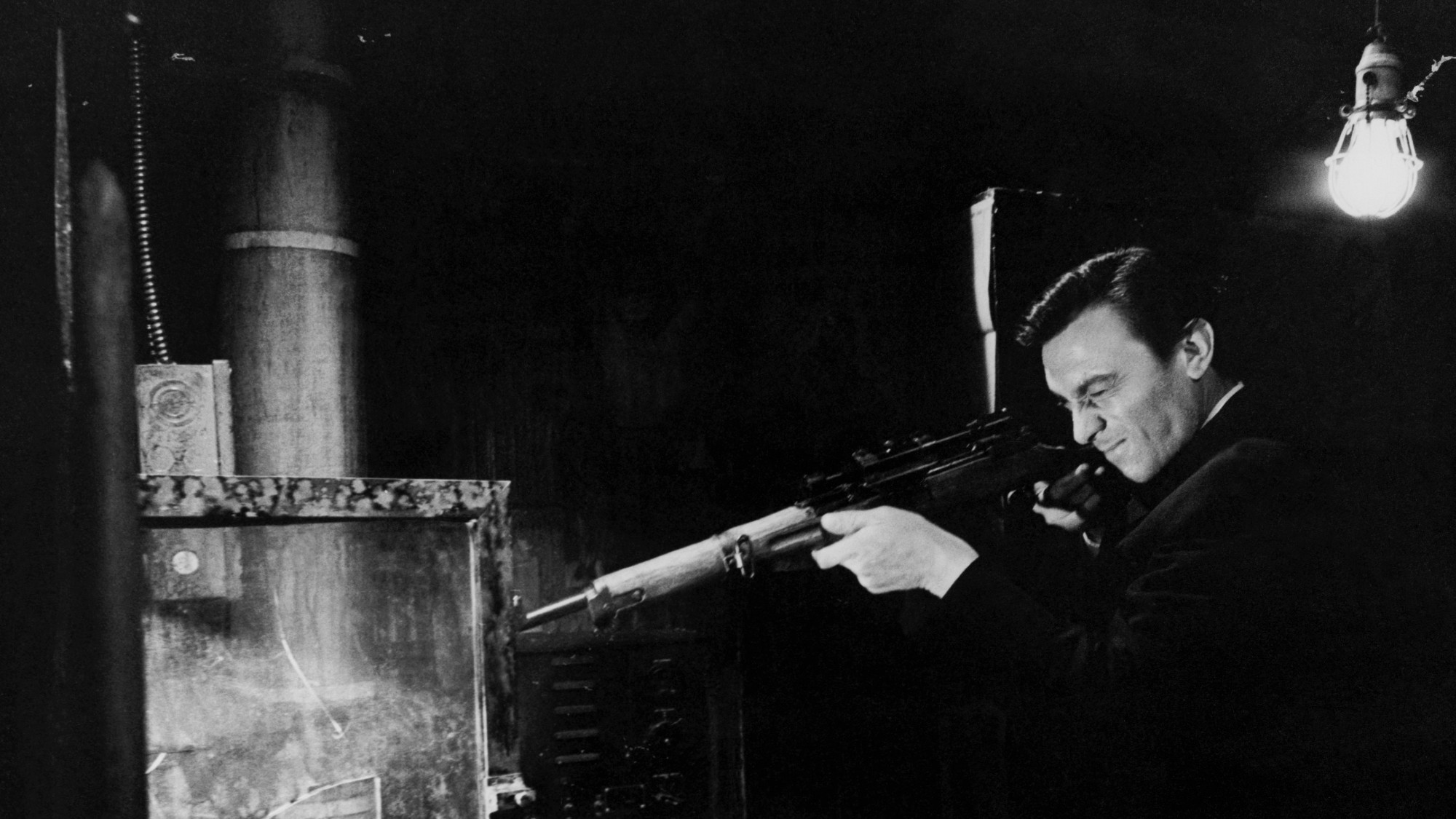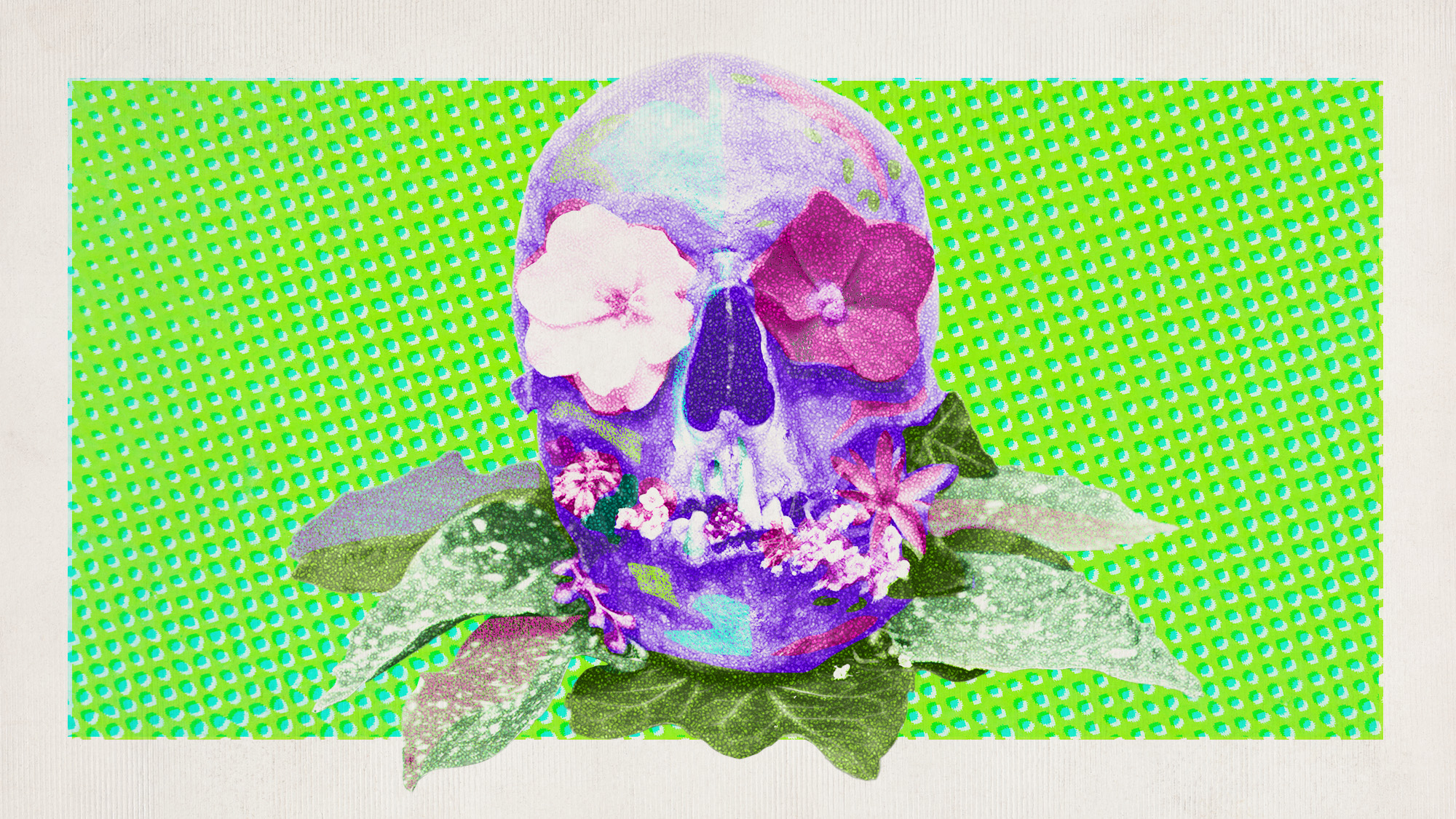1,000 KGB agents were once in America, according to former Soviet official's big book of secrets


An abundance of original documents detailing Soviet spying and sabotage plots were released Monday by the Churchill Archive at Cambridge University after being held in secret for two decades.
The files, which were smuggled out of Russia in 1992 by KGB senior official-turned-defector Vasili Mitrokhin, describe plots involving sabotage, booby traps, and undercover agents in the West. If this story sounds familiar, that's because it's the real-life basis for the Soviet spies in FX's The Americans. The Associated Press reports that the documents detail "one of the biggest intelligence leaks in history."
Mitrokhin, a senior archivist at the KGB's foreign intelligence headquarters, made secret copies of files for more than a decade. After his collection was rejected by the U.S. embassy, Mitrokhin took his collection to the British embassy following the 1991 collapse of the Soviet Union. He spent the remainder of his life under a false name and police protection in Britain until his death in 2004.
The Week
Escape your echo chamber. Get the facts behind the news, plus analysis from multiple perspectives.

Sign up for The Week's Free Newsletters
From our morning news briefing to a weekly Good News Newsletter, get the best of The Week delivered directly to your inbox.
From our morning news briefing to a weekly Good News Newsletter, get the best of The Week delivered directly to your inbox.
Mitrokhin's files exposed the identities of roughly 1,000 KGB agents in America over several decades. Among those listed are agents who were sent to then-Czechoslovakia after the 1968 Prague Spring pro-democracy uprising, as well as those who targeted Karol Wojtyla — later Pope John Paul II — and his followers for his "extremely anti-Communist views."
Nineteen boxes of the Russian-language files, typed by Mitrokhin, are available to researchers at the Churchill Archive, but Mitrokhin's original handwritten notes will remain classified.
A free daily email with the biggest news stories of the day – and the best features from TheWeek.com
Meghan DeMaria is a staff writer at TheWeek.com. She has previously worked for USA Today and Marie Claire.
-
 The 8 best spy movies of all time
The 8 best spy movies of all timethe week recommends Excellence in espionage didn’t begin — or end — with the Cold War
-
 Why scientists want to create self-fertilizing crops
Why scientists want to create self-fertilizing cropsUnder the radar Nutrients without the negatives
-
 Are pesticides making florists sick?
Are pesticides making florists sick?Under the Radar Shop-bought bouquets hide a cocktail of chemicals
-
 ‘One Battle After Another’ wins Critics Choice honors
‘One Battle After Another’ wins Critics Choice honorsSpeed Read Paul Thomas Anderson’s latest film, which stars Leonardo DiCaprio, won best picture at the 31st Critics Choice Awards
-
 Son arrested over killing of Rob and Michele Reiner
Son arrested over killing of Rob and Michele ReinerSpeed Read Nick, the 32-year-old son of Hollywood director Rob Reiner, has been booked for the murder of his parents
-
 Rob Reiner, wife dead in ‘apparent homicide’
Rob Reiner, wife dead in ‘apparent homicide’speed read The Reiners, found in their Los Angeles home, ‘had injuries consistent with being stabbed’
-
 Hungary’s Krasznahorkai wins Nobel for literature
Hungary’s Krasznahorkai wins Nobel for literatureSpeed Read László Krasznahorkai is the author of acclaimed novels like ‘The Melancholy of Resistance’ and ‘Satantango’
-
 Primatologist Jane Goodall dies at 91
Primatologist Jane Goodall dies at 91Speed Read She rose to fame following her groundbreaking field research with chimpanzees
-
 Florida erases rainbow crosswalk at Pulse nightclub
Florida erases rainbow crosswalk at Pulse nightclubSpeed Read The colorful crosswalk was outside the former LGBTQ nightclub where 49 people were killed in a 2016 shooting
-
 Trump says Smithsonian too focused on slavery's ills
Trump says Smithsonian too focused on slavery's illsSpeed Read The president would prefer the museum to highlight 'success,' 'brightness' and 'the future'
-
 Trump to host Kennedy Honors for Kiss, Stallone
Trump to host Kennedy Honors for Kiss, StalloneSpeed Read Actor Sylvester Stallone and the glam-rock band Kiss were among those named as this year's inductees
